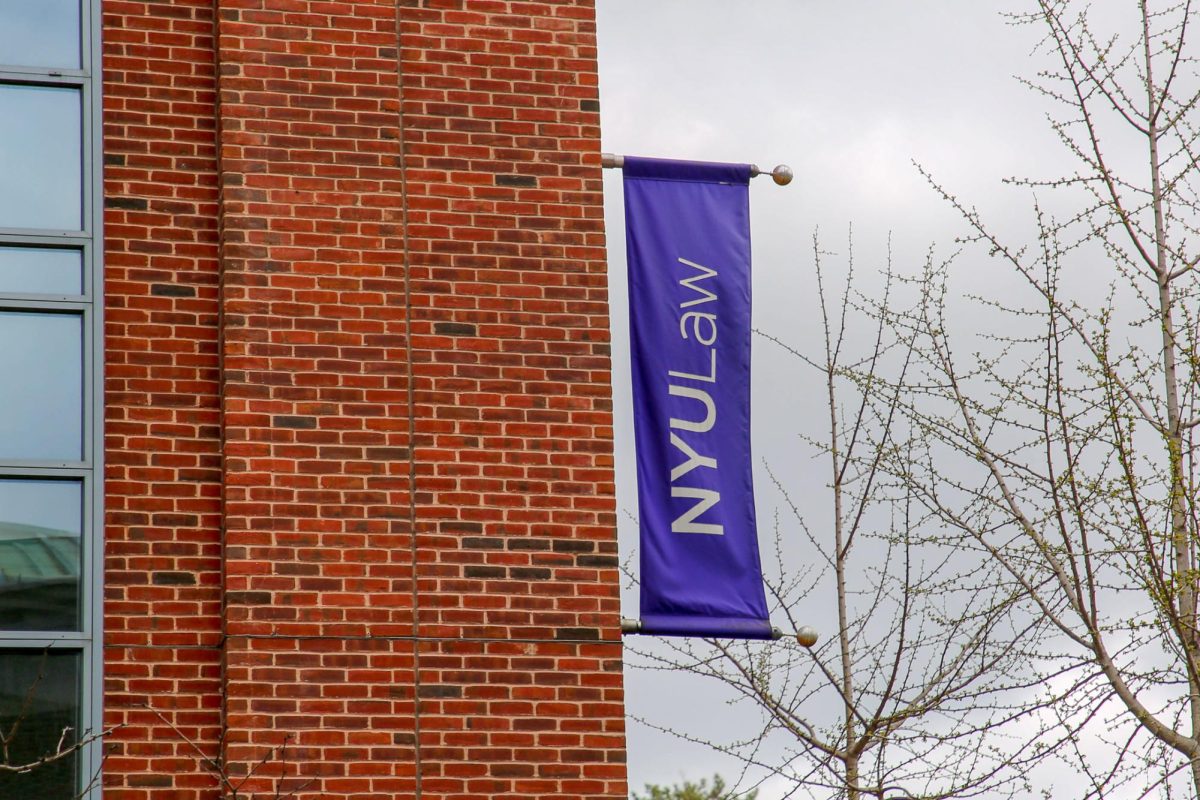NYU’s School of Law was ranked ninth in the country by U.S. News & World Report, down two positions from last year. This year marks the second time the law school — as well as most of the other top 14 schools in the country — stopped providing data for the rankings due to concerns that U.S. News’ methodology might discourage students from pursuing public interest law careers.
In this year’s general rankings, which now use publicly available data for schools that don’t provide their own, NYU Law tied with law schools at Northwestern University and the University of Michigan, Ann Arbor. Additionally, the law school took the No. 1 spot in the international law, tax law and criminal law rankings.
U.S. News ranks law schools on a 100-point system, which includes scores for post-graduation employment, bar exam passing rate, assessments from peer schools and legal professionals, selectivity, and faculty and library resources. NYU scored 95 points in the 2024 rankings, five points behind Stanford University and Yale University, which tied for No. 1 on the list.
Each year, surveyed law schools have the choice to report their data to U.S. News to be used in the rankings. When NYU pulled out of the rankings in 2022, it chose to stop directly providing U.S. News with data. For law schools that do not provide their own data, U.S. News uses information that the American Bar Association requires schools to publish each year, the 2024 methodology report states. In the 2024 rankings, 144 out of almost 200 schools responded to the survey.
Starting last year, U.S. News removed student debt, employment at graduation and financial resources from its rankings formula, factors that the American Bar Association does not require to be publicly reported. U.S. News still publishes this information for schools with available data, it's just not counted in their score.
“The majority of institutions that reported statistical data to U.S. News were able to have profile pages that feature richer, more detailed and more current standardized information on their program characteristics for prospective students compared with law schools that did not make this data available,” the methodology report reads.
For NYU Law, categories including student debt, employment at graduation, percent of entering students who submitted LSAT versus GRE exams, library information, housing and public interest scholarships — none of which are counted toward a school’s rank — were all left blank on the U.S. News website this year. Since the law school did not submit its own data, it was not able to provide assessments of peer universities for use in the rankings, but was still assessed by participating schools.
U.S. News did not make significant methodology changes for this year, but said that “changes in their data, as well as how their data compared with the data reported by the other law schools” were the primary reason why many schools’ rank changed this year. U.S. News did make methodology changes for the 2023 rankings, putting more emphasis on post-graduation outcomes and bar passing rates rather than test scores, undergraduate grade point average and assessments.
In 2022, many top law schools across the country raised concerns that the rankings’ employment and student debt metrics punished schools for providing support to students interested in public service careers. At the time, NYU Law dean Troy McKenzie said students participating in the school’s public interest fellowships were counted as “only marginally employed” in the rankings, negatively impacting the law school’s post-graduate employment scores. McKenzie also said that a loan relief program the school provides to graduates in public interest careers was not considered in its ranking.
At the time, U.S. News had said that it focused on students interested in working outside of public interest law because most students “are looking for jobs in the open market.”
A spokesperson for NYU Law declined to comment.
Contact Carmo Moniz at [email protected].






















































































































































